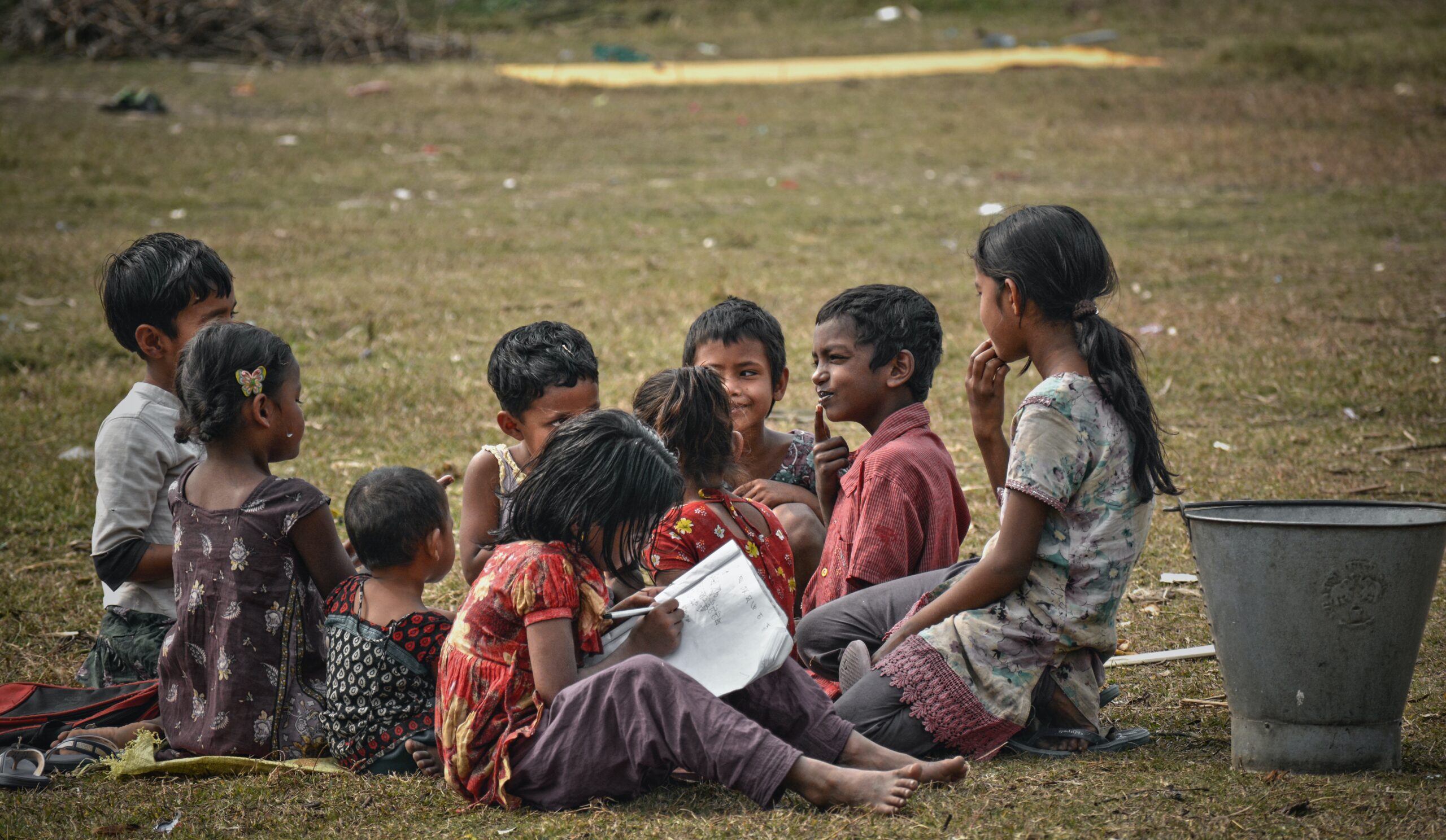
The lockdown has not been fortunate enough for a certain section like it was for you. The article shall make you count your blessings. You shall feel fortunate enough to have resources and access to technologies like internet connection. The gadgets like computers and smartphones are not at the disposal of everybody. In the article, you shall come across a 12-year-old boy Mihaly Horvath residing in Bodvaszilas, northeast Hungary. You may know kids who pray not to go to schools; today, you shall know the pandemic bogs down a person, a sincere student whose aspiration to study.
Digital education amidst pandemic
As it is a known fact that the Covid 19 has forced the schools to announce a shut, all the classes are held on the virtual platform. The cancelation of physical classes has affected many students tremendously. One of these is Mihaly, a member of the Roma minority community. He said that some students have computers or telephones, but gypsy students like him do not have either of them. Due to this very reason, he has been lagging in his lessons.
The family of nine members is affected terribly. However, it is just one family of the thousands of Roma families who have been badly affected. Their conditions worsened when the adults lost their jobs owing to the deteriorating economy of Hungary.
Mihaly’s great Aunt Karmen Bastyur voices that the children in the village cannot benefit from the online homework because they do not have digital accessories and equipment. Besides, they cannot even communicate and converse with their teachers in case of doubts.
What do the figures say?
As per the National Democratic Institute’s August 2020 survey, 41% of Roma students have access to cable and mobile internet, and 13% do not have it. The standard of living is radically dropping, and the people have seasonal labor. Due to the lockdown, even this has been taken away from them. They do not know if they would have three times meals or not.
According to David Vig, the director of Amnesty International Hungary opines, the state has made some efforts to help these unemployed workers. He also adds that there is no protection for daily wage laborers.
Roma’s make up 10% of the entire Hungary population. Each weekday, the local municipality provides one meal to the families; even then, the hunger strife is not eradicated. The plight of Mihaly’s family does not end here. They sometimes skip meals so that the children can have food to eat. That’s not the end. The three-bedroom house they rented got sold, and the family is asked to leave it within a month. They probably do not have a place to live.
The initial grades of elementary school reopened recently. May 10 is awaited by the child so that his grade can be reopened. The couple desires to have a safe abode for the children in the family. However, they do not know if Mihaly will have a house to come back to.
It is saddening how the pandemic has affected the lower strata of society. People do not have enough food to eat, a place to live, gadgets to study, etc. It is the responsibility of people to help those who are less fortunate and help people to sail through these testing times.
